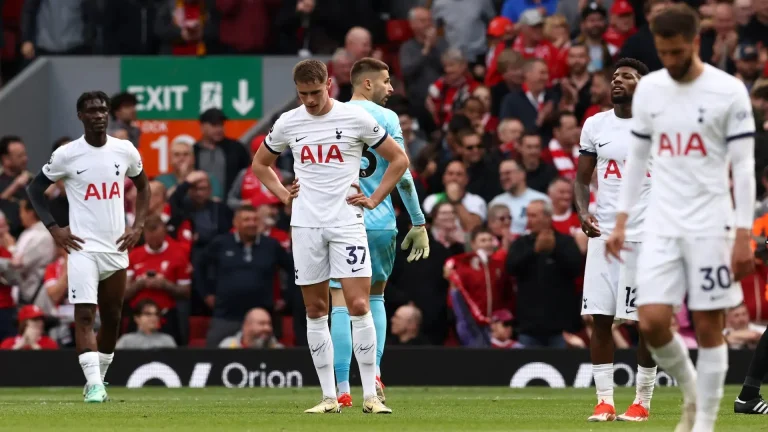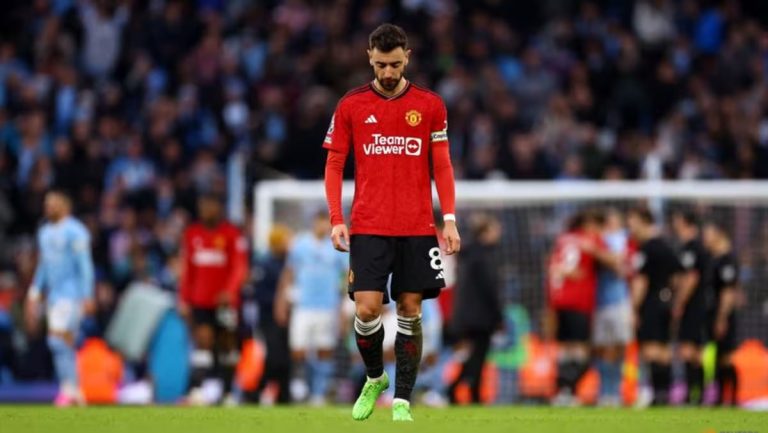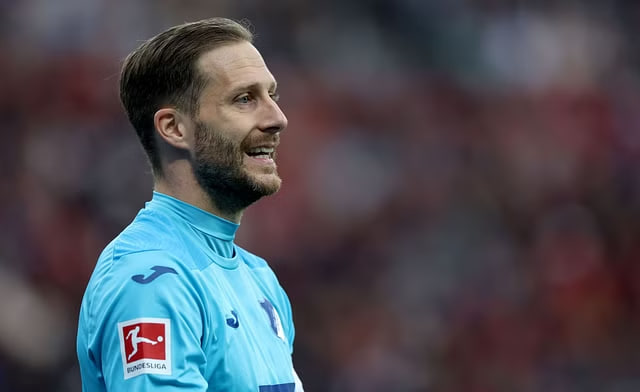Franz Beckenbauer, the revered icon of Bayern Munich and German football, has passed away at the age of 78
Former Bayern Munich and Germany captain Franz Beckenbauer has passed away at the age of 78. The legendary defender earned 103 caps for West Germany, securing the 1972 European championship and winning the World Cup on home soil in 1974, following a final loss to England in 1966.
After leading his country to World Cup victory as a player, Beckenbauer achieved the same feat as a manager in 1990. To accomplish this remarkable double, he joins an exclusive group of only three individuals, including Didier Deschamps and the recently deceased Brazilian Mario Zagallo.
“Franz Beckenbauer was undoubtedly the greatest German footballer of all time, and above all, one of the greatest men I have ever known,” stated DFB vice president Hans-Joachim Watzke.
Known as “Der Kaiser” or “The Emperor,” Franz Beckenbauer was a graceful and commanding presence for West Germany and Bayern Munich during the 1960s and 70s. His composed ball control and seamless distribution skills, characteristic of his midfield performances, played a pivotal role in essentially pioneering the central defensive sweeper position, where he achieved immense success.
Beckenbauer dedicated 13 years to his hometown club, amassing over 400 appearances and securing five Bundesliga titles. Additionally, he won three consecutive European Cups and was a two-time recipient of the Ballon d’Or. His illustrious career concluded in 1984 after a stint with the New York Cosmos in the North American Soccer League.
Even beyond his playing days, Beckenbauer made significant contributions off the pitch, serving as president of Bayern and vice president of the German Football Association. Brazilian legend Pele once paid tribute, stating, “Beckenbauer was one of the best I ever saw play.”
He was characterized as “a great player, very positive, very fast and always dangerous” by former England midfielder Sir Bobby Charlton.
“He was their most dangerous player, and it was my responsibility to stop him in 1966 and 1970.
“With his pace, control, and talent, he could do remarkable things, but if someone ran with him all the time, it seemed to limit his danger.”







